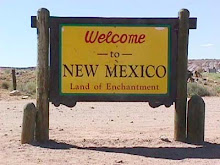It is the duty of the saints, especially in times of straits, to reflect upon the performances of Providence for them in all the states and through all the stages in their lives.
Thus on page 20 Flavel introduces us to the doctrine that will drive this book, deriving it from Psalm 57:2 - I will cry unto God most high; unto God that performeth all things for me. Here we see our utter dependence upon God coupled with the promise that He is totally in control.
Can we know now all of the designs that God has for us? Can we comprehend His Providence in all of its twists and turns? Not now, but one day:
O how ravishing and delectable a sight will it be to behold at one view the whole design of Providence, and the proper place and use of every single act, which we could not understand in this world! What Christ said to Peter is as applicable to some providences in which we are now concerned as it was to that particular action: ‘What I do, thou knowest not now; but thou shalt know hereafter’ (John 13. 7). All the dark, intricate, puzzling providences at which we were sometimes so offended, and sometimes amazed, which we could neither reconcile with the promise nor with each other, nay, which we so unjustly censured and bitterly bewailed, as if they had fallen out quite against our happiness, we shall then see to be to us, as the difficult passage through the wilderness was to Israel, ‘the right way to a city of habitation’ (Ps. 107. 7). (pg. 22)
Hang on, I think that it is going to be quite a ride!
Weekend A La Carte (January 24)
4 hours ago


No comments:
Post a Comment